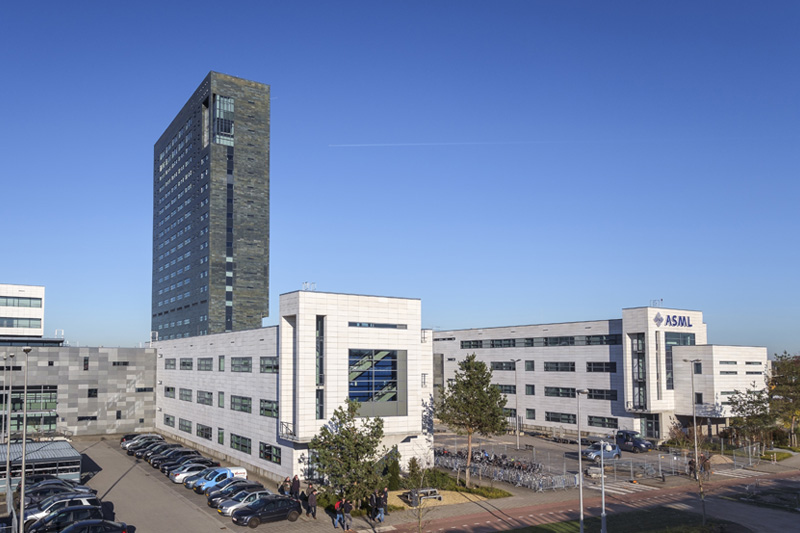This post was originally published on this site

ASML, a leading manufacturer of lithography systems essential for etching circuit patterns onto silicon wafers, has seen its stock value increase by nearly 30% over the past year. The company also monopolizes the high-end extreme ultraviolet (EUV) lithography systems market, crucial for producing the world’s most complex, transistor-dense chips. Despite experiencing a slower growth rate of 14% in 2022 due to a decline in PC sales, sluggish smartphone sales, and other macroeconomic factors affecting chip demand, ASML projects revenue and earnings growth of 23% and 30%, respectively, in 2023.
The company’s November Investor Day presentation projected revenues between 44 billion euros and 60 billion euros ($47 billion to $64 billion) by 2030. This forecast implies a compound annual growth rate of 12% from 2022 to 2030. ASML also anticipates an expansion in its annual gross margin to between 56% and 60% by 2030.
However, ASML faces potential risks tied to geopolitical tensions. The company relies on the Taiwan market for 38% of its revenue in 2022. Rising trade and military tensions between Taiwan, China, and the U.S. could pose challenges. Further, potential restrictions by U.S. and European regulators on ASML’s sales of lithography systems to mainland China could impact revenues, as China accounted for 14% of its revenue in 2022.
On the other hand, Aehr Test Systems, a smaller firm specializing in the production of testing and burn-in equipment for semiconductors, has seen its stock value more than triple over the past year. The company has gained an early lead in creating testing equipment for silicon carbide chips, which can function at higher voltages, temperatures, and frequencies than traditional silicon chips.
Aehr experienced volatile yet impressive growth due to increased demand for silicon carbide chips. This demand led to a surge in Aehr’s sales of silicon carbide testing and burn-in systems over the past two years. Its revenue rose by 206% in fiscal 2022 and another 28% in fiscal 2023. The company expects a further rise of “over 50%” in fiscal 2024 as the EV market recovers.
Aehr’s growth has enabled it to become profitable on a GAAP and non-GAAP basis in fiscal 2022. Its non-GAAP earnings per share (EPS) increased by 55% in fiscal 2023, with a projected growth of 76% in fiscal 2024.
Despite this promising growth, Aehr faces potential challenges. It generated 79% of its revenue from a single customer in fiscal 2023. As the silicon carbide market expands, it could face increasing competition from larger semiconductor equipment makers. Additionally, despite its low enterprise value of $1.3 billion, its stock is not cheap at 45 times forward earnings.
In the current market dynamics, ASML’s market dominance, stable growth, and lower valuations may offer a safer investment opportunity compared to Aehr’s exciting but potentially riskier growth potential.
This article was generated with the support of AI and reviewed by an editor. For more information see our T&C.

